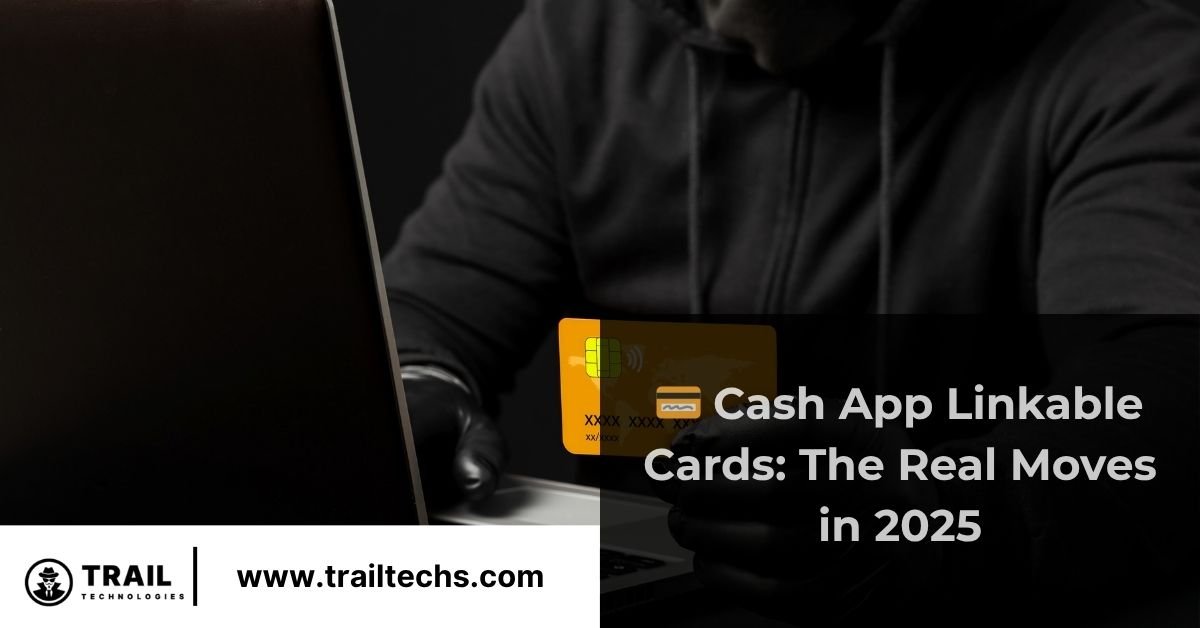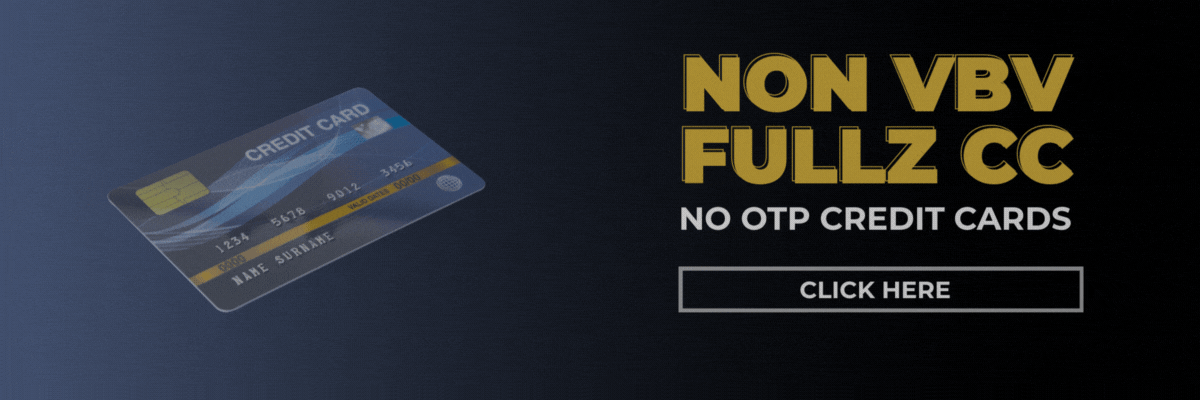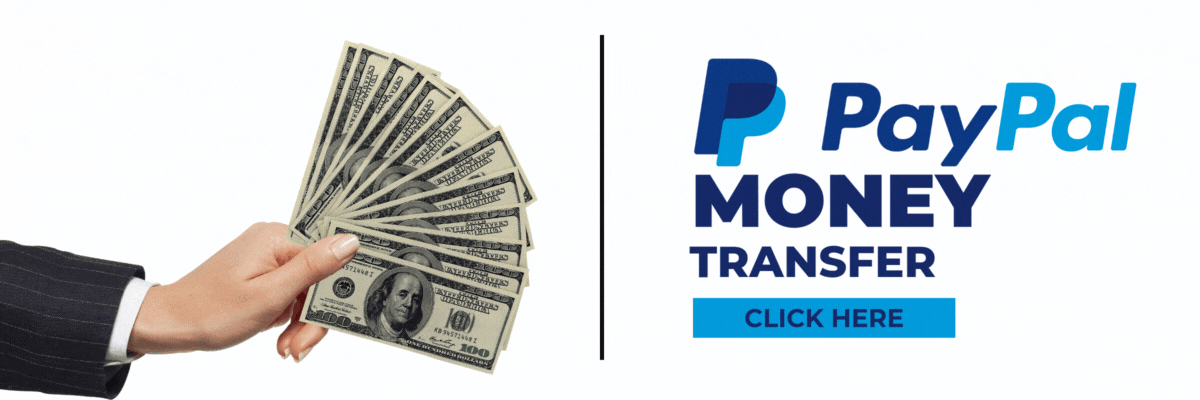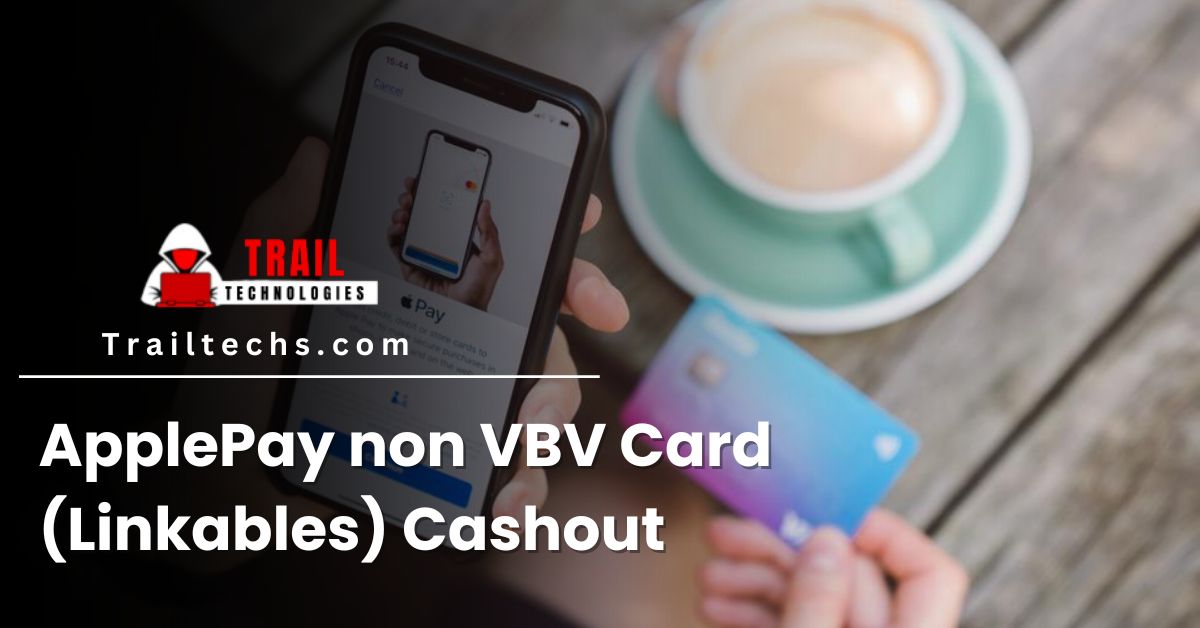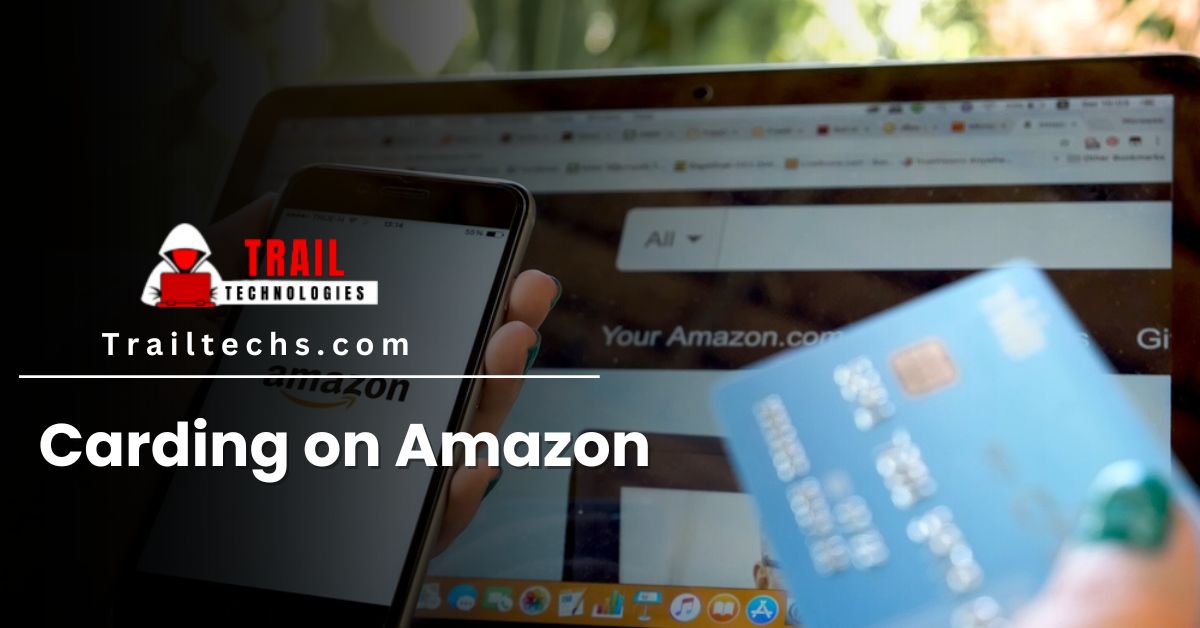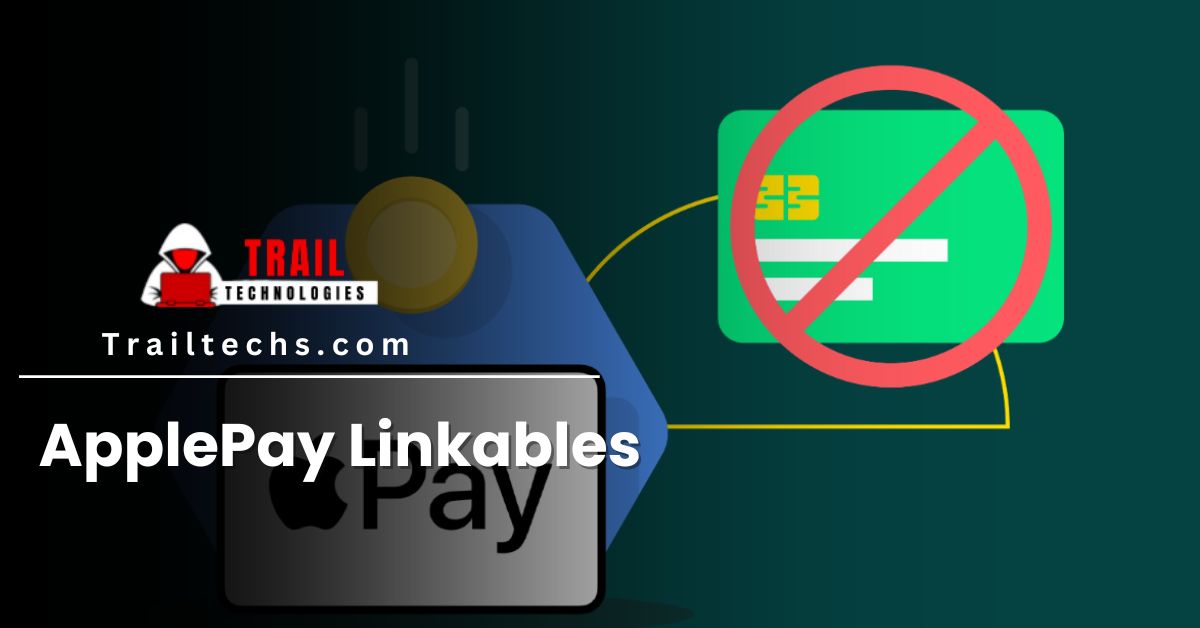If you’re still fumbling with non-linkable plastic or getting declined on token setups, you’re already behind. Cash App linkable cards aren’t just some theory—this is a refined weapon in the digital hustler’s arsenal. And if you’re not strategic about the BINs, AVS match, and velocity thresholds, you’ll get flagged before you blink.
Let’s break down how to find, prep, and link cards that actually stick.
🔍 What Are Cash App Linkable Cards?
Not every card slaps on Cash App. You need cards that pass AVS, trigger no 3DS redirect, and bypass Cash App’s velocity traps. These are Cash App linkable cards—cards that you can successfully link without tripping security systems.
Must-Have Card Attributes:
- ✅ Fullz-matching AVS (Address Verification System)
- ✅ BINs that aren’t on Square’s blocklist
- ✅ Real-time balance or preloadable to mimic legit activity
- ✅ No 3DS or SMS OTP during link attempt
- ✅ Velocity-safe—no mass linking from same IP/device
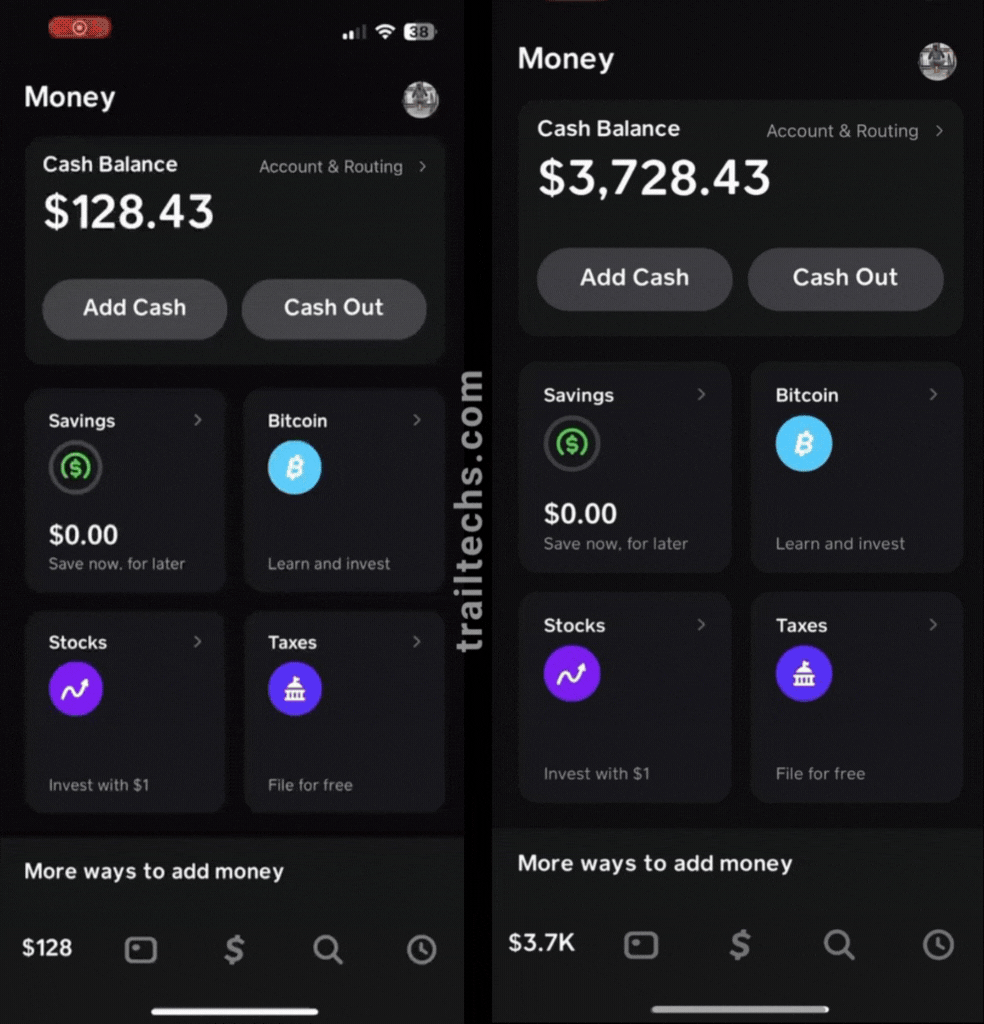
🧠 Where the Hustle Really Starts: BIN Intelligence
Before even thinking of linking, you need to pick the right BIN (Bank Identification Number). A sloppy BIN = instant decline or soft block.
🔥 Top Performing BIN Types (2025):
- US-based Visa Debit BINs linked to regional banks (Chime, Sutton, MetaBank)
- Reloadable CCs from trusted sources: Cvvglitch.com
- Crypto-backed prepaid cards with spoofed metadata
Avoid:
- Global BINs (e.g. Revolut, N26, Payoneer) – mostly blacklisted
- Gift cards – waste of time, won’t link or load
- Old-gen VCCs with fixed expiry/CVV
🛠️ Step-by-Step: Linking a Card to Cash App Without Detection
This ain’t a drag-and-drop game. Here’s the real sequence:
🥷 Step 1: Isolate Your Setup
- Spin a clean VM or use a fresh mobile device
- Use U.S. IP (residential proxy, not datacenter)
- Install Cash App manually (APK or Apple ID region switch)
🧩 Step 2: Prep the Card
- Load small balance ($5–$25) if testing
- Ensure AVS fully matches the profile used in Cash App
- Confirm BIN doesn’t hit any flagged lists
🔗 Step 3: Add Card Inside App
- Go to Linked Accounts → Add Card
- Input details manually (no auto-fill)
- Use real zip code and address match
🧼 Step 4: Test and Mask
- Attempt small transfer (e.g., $1 test send)
- Watch for errors: if you see “Card Not Supported,” rotate BIN
- If accepted, let the card sit idle for 12–24hrs before heavy usage
🧨 Advanced Linking Tactics: Bypass & Launder
Once a card sticks, don’t just rush it. Move smart.
🪙 Strategy: Card → Boosted Account → Flip
- Link card → Send funds to Boosted account (older verified Cash App)
- Use Cash Card Boosts to withdraw via retail or Bitcoin conversion
- Cash out via BTC address or reloadable Visa/Mastercard
This masks source, adds transaction legitimacy, and breaks the direct chain.
🧠 Pro Tips: How to Keep Cards Linkable Longer
- Never reuse a BIN across multiple accounts in 24h window
- Rotate devices/IPs after 2–3 links
- Use aged Cash App accounts when testing new BINs
- Avoid linking during U.S. banking maintenance hours (2AM–5AM EST)
🛑 Final Word: This Ain’t for Beginners
If you’re still out here trying to link Green Dot gift cards or non-AVS prepaid junk, log off. Cash App linkable cards are about finesse, real-time data, and cold logic. The weak get flagged. The smart rinse and repeat silently.
Stay sharp. Move low. And remember—the link ain’t the flex, the cashout is.
CONTACT US FOR LINKABLE DEBITS


